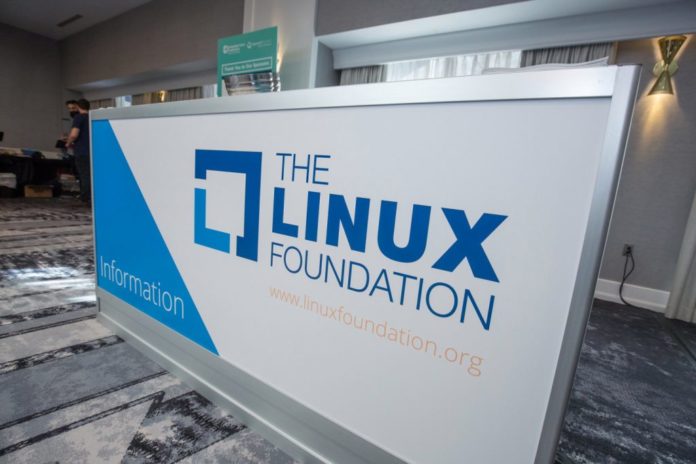Although fragmentation is acknowledged, open source leaders believe it to be a natural part of the open ecosystem. Attempts to reduce it may potentially hamper innovation.
The charity Linux Foundation, today announced the publishing of “Enabling Global Collaboration: How Open Source Leaders are Confronting the Challenges of Fragmentation.” Understanding whether and how open source community fragmentation is preventing advancement and providing solutions to problems is aided by the research.
The study was funded by Futurewei and conducted in collaboration with the Eclipse Foundation, LF Europe, LF AI and Data, and LF Networking. It focuses on the expertise of community leaders who encourage global collaboration between developers and end users. To comprehend the causes of fragmentation, the study depends on interviews with open source leaders. It looks at how open source solutions are developed in fragments, how varied contributors from around the world are incorporated, and how open source communities are governed, including the function of foundations in protecting infrastructure.
The study was funded by Futurewei and conducted in collaboration with the Eclipse Foundation, LF Europe, LF AI and Data, and LF Networking. It focuses on the expertise of community leaders who encourage global collaboration between developers and end users. To comprehend the causes of fragmentation, the study depends on interviews with open source leaders. It looks at how open source solutions are developed in fragments, how varied contributors from around the world are incorporated, and how open source communities are governed, including the function of foundations in protecting infrastructure.
The paper comes to the conclusion that addressing fragmentation entails fostering better alignment between open source projects, enhancing inter-foundation collaboration, and utilising open source maturity models to aid in the identification of reliable code libraries and components. Particular noteworthy conclusions include:
- The sword of fragmentation has two edges. While creating open source solutions presents fragmentation difficulties, a decentralised ecosystem will always have some duplication and fragmentation. The author, Anthony D. Williams, founder and president of the research company the DEEP Centre and co-author of Wikinomics and Macrowikinomics, wrote that while inefficient resource allocation may occur, efforts to reduce fragmentation could stifle competition and innovation and kill “the open source goose that laid the golden egg.”
- For users and providers of open source solutions, fragmentation can raise prices and complexity. Additionally, it might lessen the effects of having a sizable community come together behind a common platform or standard. In the early stages of a technology’s development, fragmentation is greatest.
- The open source community is increasingly global, but language, culture, and geopolitics remain barriers to participation. Failure to address diversity and inclusion will curtail access to talent and ingenuity. More needs to be done to promote inclusion.
- Techno-nationalism threatens open source collaboration.The best antidote: transparent open source development protocols.
- Without “picking winners,” foundations can aid in bringing open source initiatives that share similar goals together.
“Two decades of open collaboration have fostered unrivaled innovation with 70% to 90% of most modern application stacks now consisting of open source software,” said Jim Zemlin, executive director for the Linux Foundation. “Industries, consumers, and societal systems today depend on software that is built by a global community. To continue this tremendous innovation, we need to understand concerns about whether fragmentation in ecosystems could undermine functions vital to a thriving community, while being of benefit to others, and in which ways. This research will inform our understanding and future decisions.”












































































